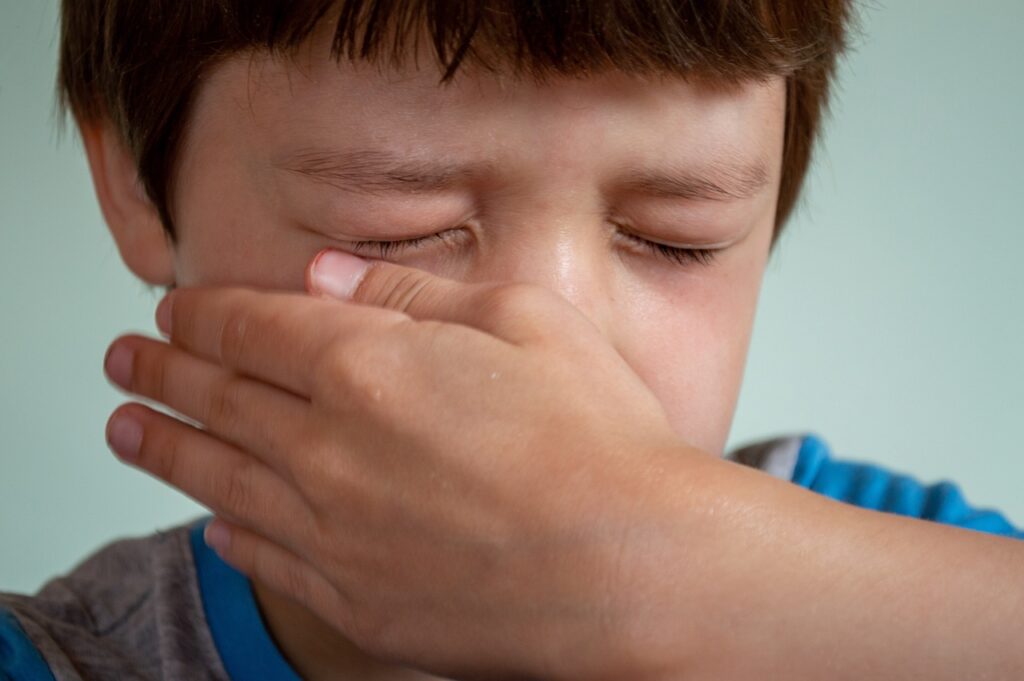Distress and meltdowns
Young children are renowned for ‘toddler tantrums’. Their behaviour can seemingly escalate from calm and happy to sheer rage in seconds. Generally other people are tolerant of the toddler tantrum in public places, as they have experienced it themselves!
Gradually, as they mature, children and young people learn to control their emotions most of the time, often understanding the social constraints of ‘unacceptable’ behaviours.

Children and young people on the autistic spectrum tend to be much less aware of these social conventions and so don’t consider the impact their emotions have on other people and perhaps the cues from others disapproving looks or comments.
Young people generally don’t want to end up having ‘meltdowns’ or being distressed.
Distress is horrible and uncomfortable, not a nice experience for anyone!
Young people generally want to learn to recognise when a meltdown is building and find a better way of managing their own emotional states.
We all behave in ways that get our needs met.